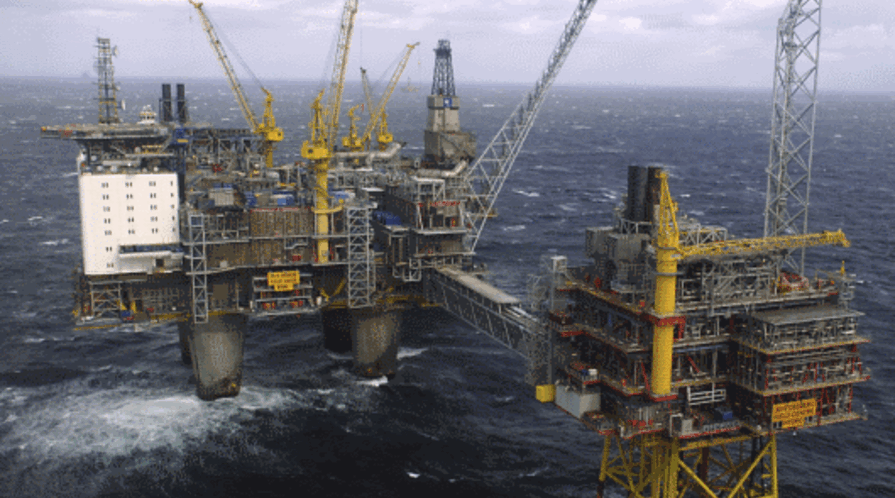Abstract
Nigeria
depends heavily on oil and gas, with hydrocarbon activities providing around 65
percent of total government revenue and 95 percent of export revenues.
While Nigeria supplies some LNG to world markets and is starting to export a
small amount of gas to Ghana via pipeline, the great majority of the country's
hydrocarbon earnings come from oil. In 2008, Nigeria was the 5th largest oil exporter and 10th largest holder of proved oil reserves
in the world according to the U.S. Energy Information Administration. The
country's national oil company NNPC (Nigerian National Petroleum Corporation)
sits at the nexus between the many interests in Nigeria that seek a stake in
the country's oil riches, the government, and the private companies that
actually operate the vast majority of oil and gas projects.
Through its many divisions and subsidiaries, NNPC serves as an oil sector
regulator, a buyer and seller of oil and petroleum products, a technical
operator of hydrocarbon activities on a limited basis, and a service provider
to the Nigerian oil sector. With isolated exceptions, NNPC is not very effective
at performing its various oil sector jobs. It is neither a competent oil
company nor an efficient regulator for the sector. Managers of
NNPC's constituent units, lacking the ability to reliably fund themselves, are
robbed of business autonomy and the chance to develop capability. There
are few incentives for NNPC employees to be entrepreneurial for the company's
benefit and many incentives for private action and corruption. It is no
accident that NNPC operations are disproportionately concentrated on oil
marketing and downstream functions, which offer the best opportunities for
private benefit. The few parts of NNPC that actually add value, like
engineering design subsidiary NETCO, tend to be removed from large financial
flows and the patronage opportunities they bring.
Although NNPC performs poorly as an instrument for maximizing
long-term oil revenue for the state, it actually functions well as an
instrument of patronage, which helps to explain its durability. Each
additional transaction generated by its profuse bureaucracy provides an
opportunity for well-connected individuals to profit by being the gatekeepers
whose approval must be secured, especially in contracting processes.
NNPC's role as distributor of licenses for export of crude oil and import of
refined products also helps make it a locus for patronage activities.
Corruption, bureaucracy, and non-market pricing regimes for oil sales all
reinforce each other in a dysfunctional equilibrium that has proved difficult
to dislodge despite repeated efforts at oil sector reform.

